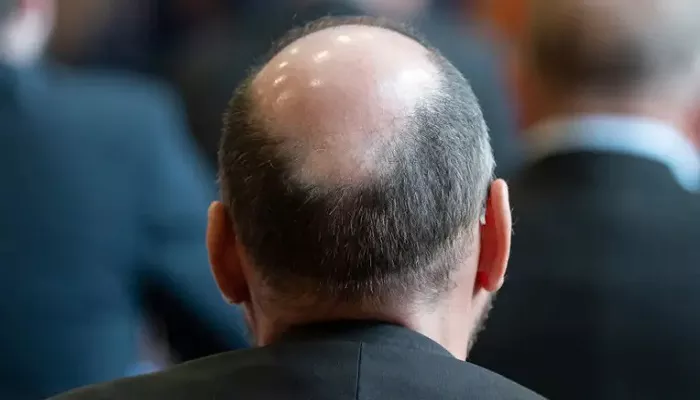Male pattern baldness, which causes gradual hair loss, affects up to half of men worldwide. Now, researchers say the solution might already exist inside the human body.
A team from the University of Sheffield in the U.K. has found that a natural sugar called 2-deoxy-D-ribose (2dDR) may help stimulate hair regrowth. Their study, published in Frontiers in Pharmacology, showed that this sugar promoted hair growth in mice.
For eight years, scientists from Sheffield and Pakistan’s COMSATS University studied 2dDR for its ability to heal wounds by creating new blood vessels. They noticed that hair grew faster around healing wounds.
They then tested the sugar on mice experiencing testosterone-driven hair loss, which mimics male pattern baldness. Applying a small dose of 2dDR led to new blood vessel growth and hair regrowth.
The university said this sugar could work as well as existing hair regrowth drugs. Sheila MacNeil, PhD, emeritus professor at Sheffield, said the discovery was unexpected and exciting. She explained that 2dDR is natural, inexpensive, and stable, and could be applied as a simple gel.
Dr. John Whyte, chief medical officer at WebMD, called the findings “intriguing” but cautioned that more studies and clinical trials are needed. He said current treatments have limits and side effects, so new options are welcome.
Dermatologist Brendan Camp added that while the sugar may help existing hair follicles grow by increasing blood flow, it is unlikely to regrow follicles that have disappeared. He stressed the need for more research to confirm its effectiveness.
For now, this discovery offers hope but remains an early step in developing better treatments for hair loss.


